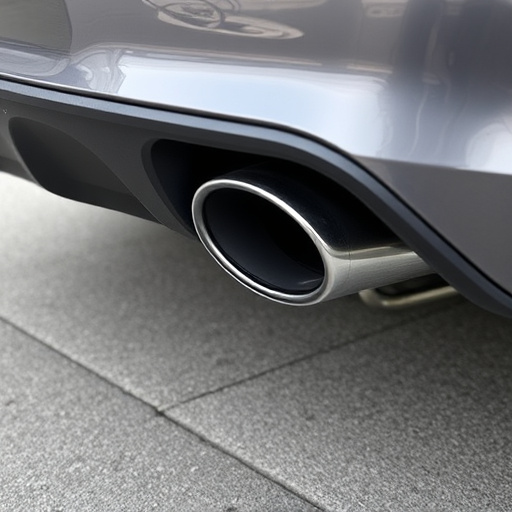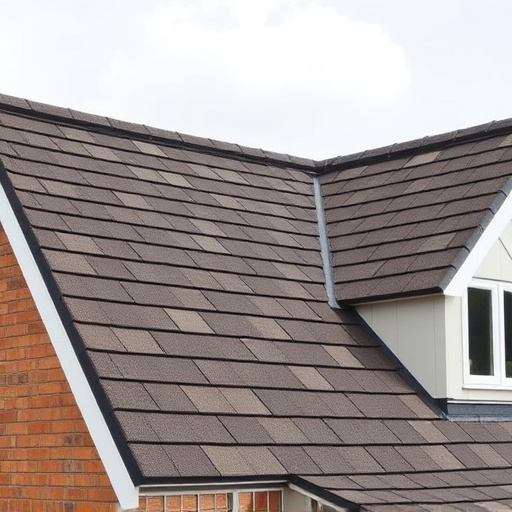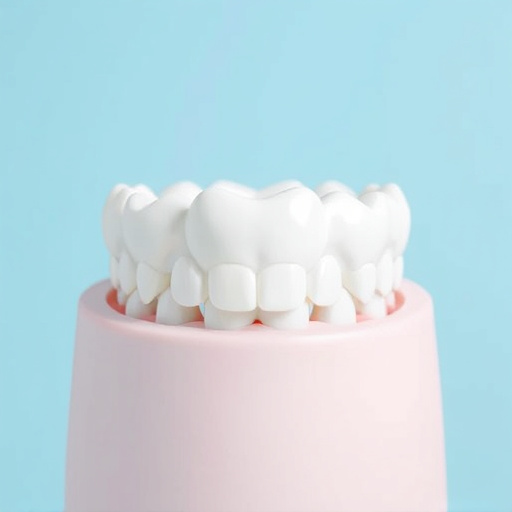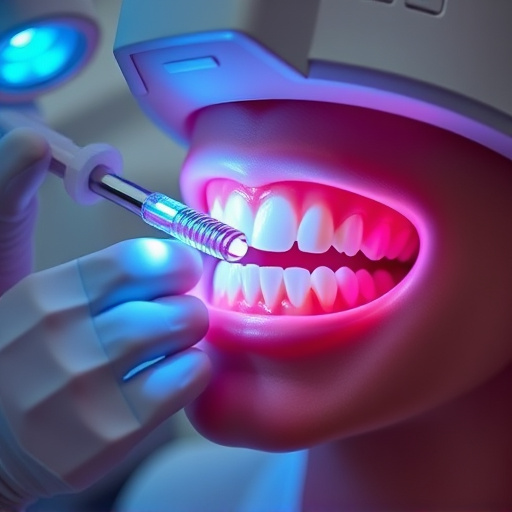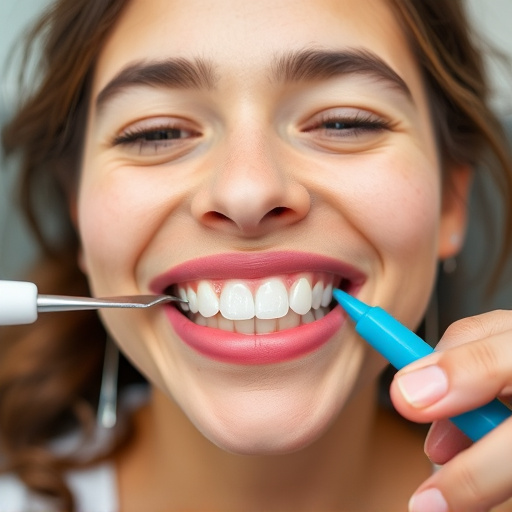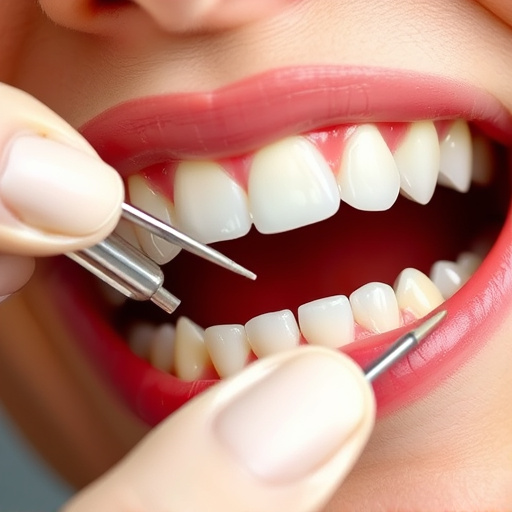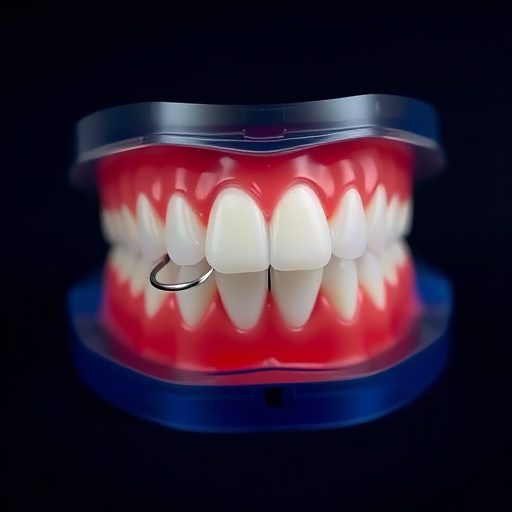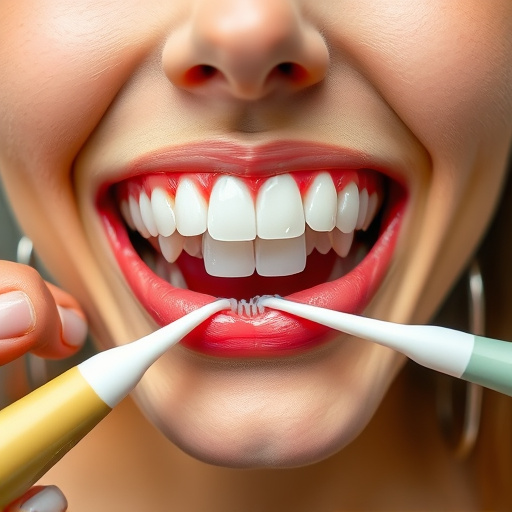Maintaining good oral health is vital for senior well-being due to age-related dental issues like tooth decay and gum disease. Regular dental check-ups, tailored advice from qualified dentists (including cleaning and fluoride applications), and advanced restorative techniques (like implants and cosmetic fillings) are essential. These practices not only preserve natural teeth but also enhance smile aesthetics, improve chewing function, and support better nutrition, sleep, and quality of life, enabling seniors to age gracefully with confidence.
Dental care is an integral aspect of aging gracefully, supporting overall senior well-being. This article explores how maintaining excellent oral health can prevent common dental issues and promote a better quality of life. We delve into the connection between oral and systemic health, highlighting the importance of regular checkups and preventive measures. Additionally, we discuss special considerations for senior dental care, including adapting to changing needs, choosing the right professionals, and personal hygiene aids.
- Maintaining Oral Health as Part of General Senior Well-being
- – The connection between oral and overall health in seniors
- – Common dental issues faced by older adults and their causes
Maintaining Oral Health as Part of General Senior Well-being
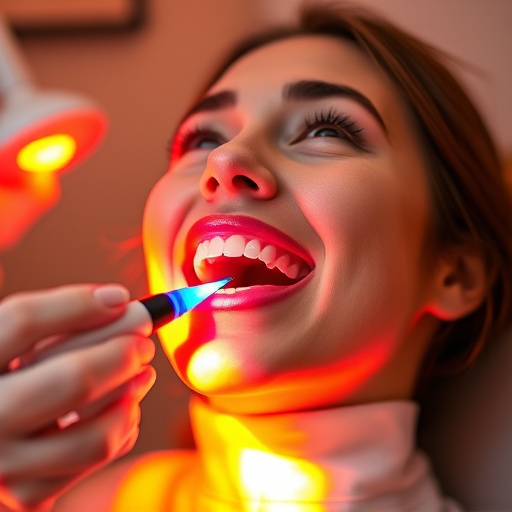
Maintaining good oral health is an integral part of overall senior well-being. As people age, their dental needs evolve, and proper care becomes even more critical. Regular dental check-ups are essential for seniors to prevent or manage common age-related dental issues such as tooth decay, gum disease, and dry mouth. A qualified dentist can offer tailored advice and treatments, including general dentistry procedures like cleaning and fluoride applications, to ensure oral health and preserve natural teeth for as long as possible.
Beyond preventive care, dental implants, cosmetic fillings, and other restorative techniques play a vital role in enhancing the quality of life for seniors. These advanced solutions not only improve smile aesthetics but also restore chewing function, enabling individuals to enjoy their favorite foods and maintain a balanced diet. Incorporating these aspects of dental care into senior healthcare routines contributes to a graceful aging process, promoting independence, confidence, and overall happiness.
– The connection between oral and overall health in seniors
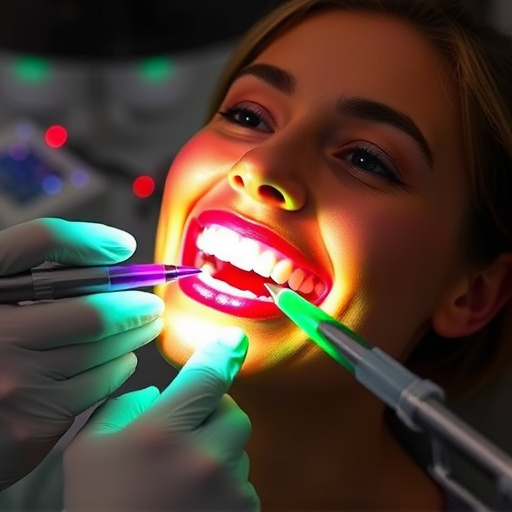
Maintaining optimal oral health is not just about a sparkling smile; it plays a significant role in supporting overall well-being, especially as we age. For seniors, proper dental care is essential for preserving functionality and quality of life. The mouth serves as a gateway to the body, and various studies have established a strong connection between dental health and general systemic health. For instance, gum disease has been linked to increased risks of cardiovascular issues, diabetes, and respiratory problems.
Comprehensive dental care for seniors involves regular check-ups, routine oral exams, and addressing specific age-related concerns. This includes managing dry mouth, which is common in older adults due to reduced saliva production, and preventing tooth decay and gum disease. By prioritizing dental health, seniors can enjoy improved nutrition, better sleep, and enhanced overall well-being, allowing them to age gracefully with confidence.
– Common dental issues faced by older adults and their causes
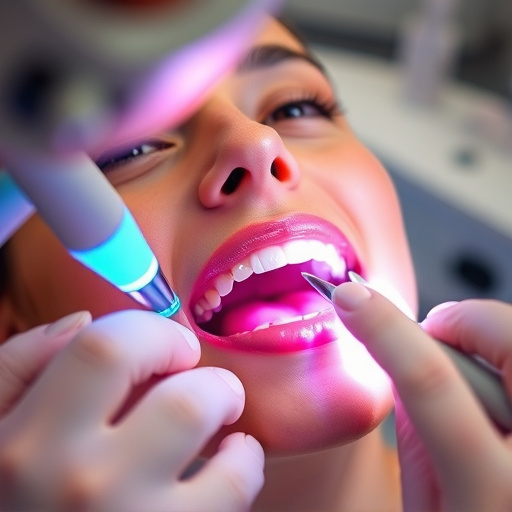
Many older adults face specific dental challenges as they age. Common issues include tooth decay, gum disease, dry mouth, and tooth loss. These problems can be attributed to various factors such as reduced saliva production, which can lead to increased bacteria and a higher risk of cavities. Gum disease, often caused by plaque buildup, is another significant concern due to decreased immunity and mobility in older individuals. Additionally, medications for chronic conditions may cause dry mouth, further elevating the risk of tooth decay.
Aging also makes teeth more susceptible to fractures and breaks, while existing dental work like fillings and crowns may weaken over time. Poor oral health can impact overall well-being, leading to difficulties in eating, speaking, and even social isolation. Therefore, providing comprehensive dental care tailored to seniors’ unique needs is essential for supporting their journey of aging gracefully. This includes regular checkups, appropriate treatments like clear aligners or dental implants, and educating them about proper oral hygiene practices specific to their age group.
As we age, proper dental care for seniors becomes an integral part of maintaining overall well-being. By understanding the connection between oral health and general health, we can address common issues like tooth decay and gum disease proactively. Regular checkups, a balanced diet, and consistent oral hygiene routines are key to supporting graceful aging and ensuring a vibrant, healthy smile for years to come.

